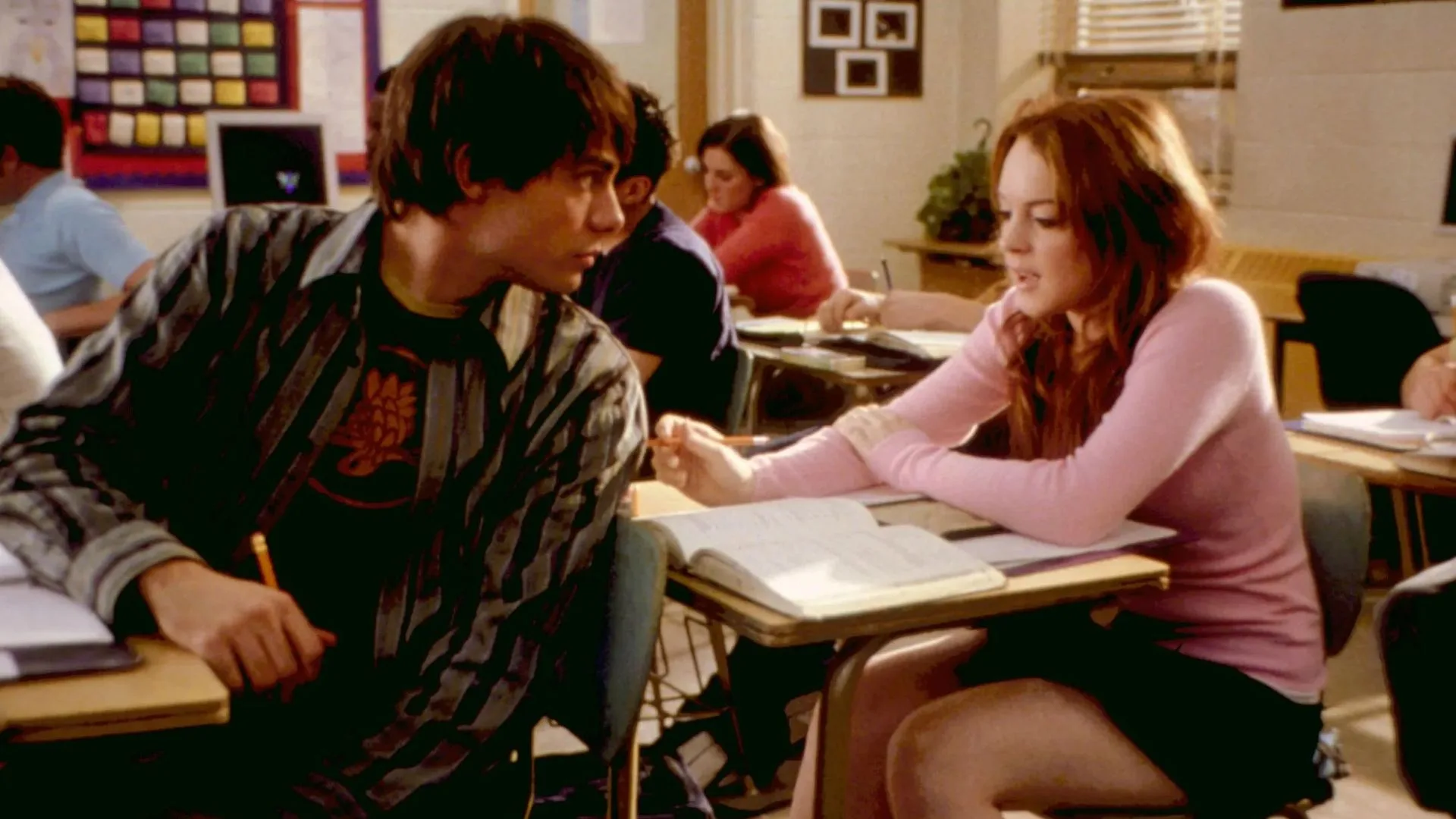When we think about self-consciousness, we often focus on what the negative thoughts are and how to dampen them. However, scientists are now looking into why we feel them and what circumstances bring them on.
A study on heterosexual people, recently published in the Archives of Sexual Behaviour has found that the ratio of men to women in a room plays a role in how we feel about our bodies and ourselves.
Now, we know what you’re thinking. There’s nothing to make one feel more confident than being in a room of like-minded women. We feel you.
However, the science says this changes when ‘mates’ are introduced.
What Did Researchers Find?

Among university-educated and community-minded women, a perceived female-skewed ratio corresponded with a higher rate of intrasexual competitiveness, increased body dissatisfaction and increased dieting inclinations.
Essentially, the presence of romantic partners, in addition to scarcity, creates this feeling of ‘not being enough’.
Researchers also looked specifically at single women, finding that a perceived female-skewed ratio created a sense of unfavourable mating prospects. This in turn, led to an increase in pressure to be a certain way, with respondents being more likely to want to alter their appearance or have higher body dissatisfaction.
Interestingly, the research found a weak correlation between perceived and actual sex ratios based on the participants’ post codes, suggesting that if women think there are not a lot of mating prospects around it can impact their sense of wellbeing, despite demographic statistics.
Heterosexual women who perceived less mating scarcity displayed less self-consciousness.

What Does The Research Tell Us?
The results are not that surprising, given that women have been pitted against one another generation after generation, especially when it comes to dating and the marriage mart.
This is not women afraid of being judged by other women, they fear being judged and compared by a potential mate, especially if that mate has a lot of other romantic options.
From men publicly rating women to the capriciousness nature of dating apps, there is an ingrained social standard that makes women feel unworthy in the harsh light of comparison.
Yet, researchers hope their findings might help to foster new environments that support positive body image: where women have ample access to potential mating partners, and thus, feel less need to ‘measure up’.
“Interventions that adjust women’s perceptions of their mating prospects or reduce the emphasis on competitiveness could be particularly effective,” they say.



